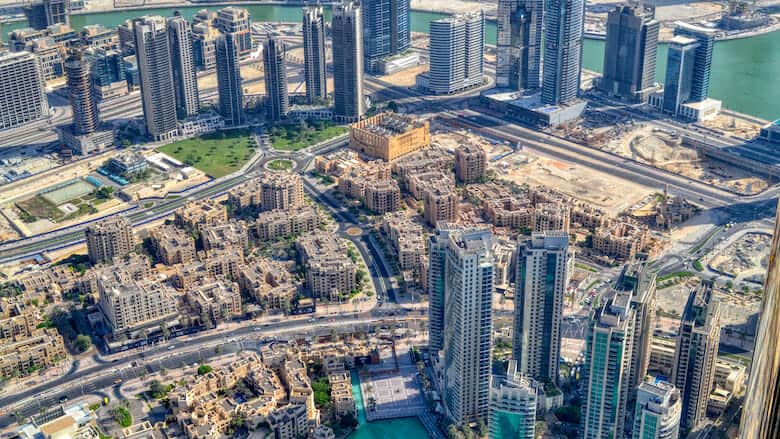The United Arab Emirates has recorded a sharp growth in jobs for the first time in more than three years, with a rebound in economy fueled by non-oil private sector growth in August.
While the Emirates saw the fastest rise in employment since January 2018, business confidence towards future output growth remained weak due to continuing pandemic uncertainty, according to a recent business survey.
The seasonally adjusted IHS Markit UAE Purchasing Managers’ Index (PMI), which covers manufacturing and services, dipped to 53.8 in August from 54.0 in July, remaining well above the 50.0 mark that separates growth from contraction.
The output levels increased in August due to an improvement in demand as the economy recovered from COVID-19 restrictions. New orders rose for the sixth straight month, although the rate of growth eased slightly from July’s recent high, the report said.
David Owen, Economist at IHS Markit, said: “PMI data signalled another robust rise in business activity across the non-oil sector in August, as demand continued to rebound from the pandemic. This increasingly fed through into firms’ hiring decisions, with employment numbers ticking up at the fastest rate for more than three-and-a-half years.”
The business survey mentioned slight turnaround in supplier performance during August and shipping delays were still frequent.
“There was also a slight pick-up in supplier performance after six successive months of lengthening wait times for inputs. That said, the improvement was only slight, with several companies still finding that global shipping issues led to a delay in import arrivals and increases in raw material prices,” Owen said.
While domestic sales continued to rise, exports decreased for the fourth month in a row owing to lack of demand due to rising COVID-19 cases in some countries shipping issues.
Outlook for future activity slipped again and was at the lowest level in five months.
“Firms continued to look forward to the Expo 2020 starting in October, hoping that this will drive investment and growth higher in the coming months. However, with the COVID-19 situation still uncertain, the outlook for future activity slipped again and was the least optimistic since March,” Owen added.

